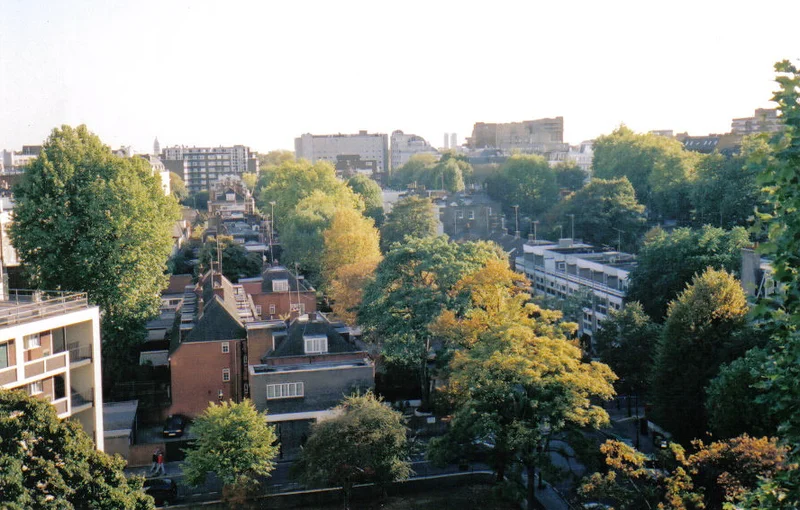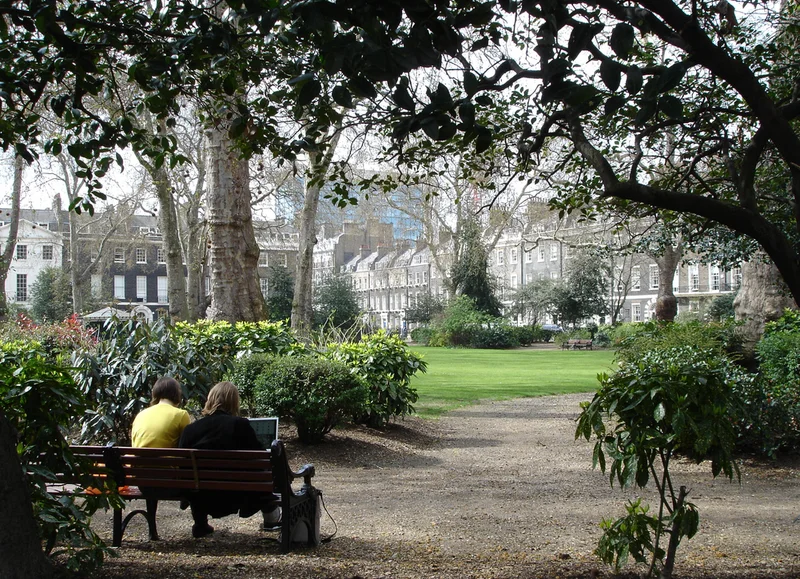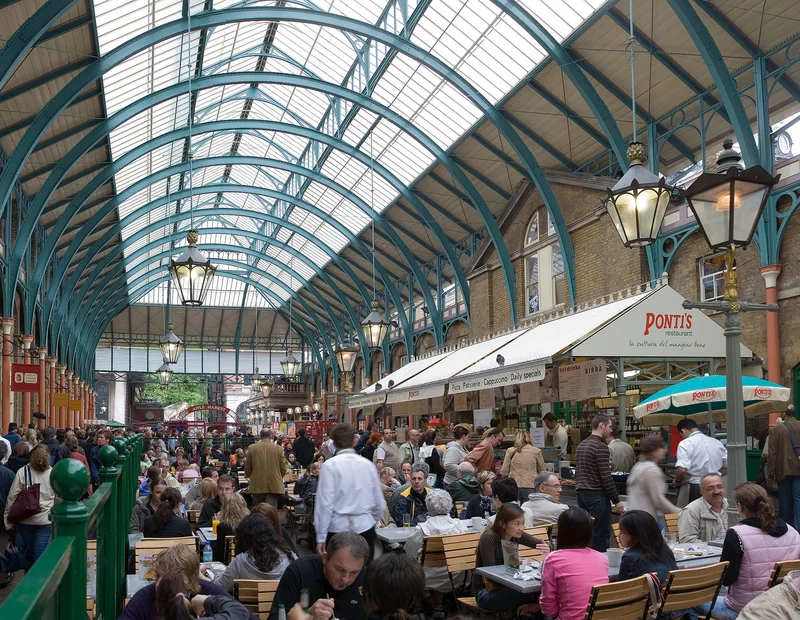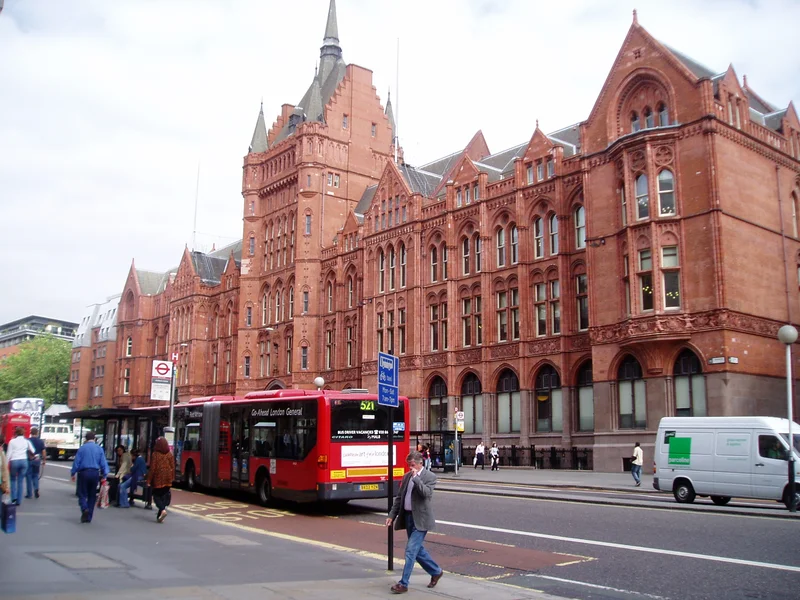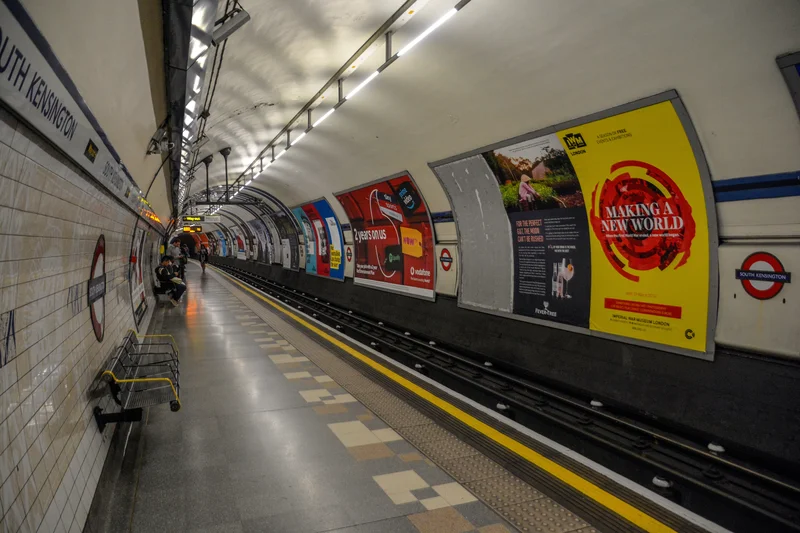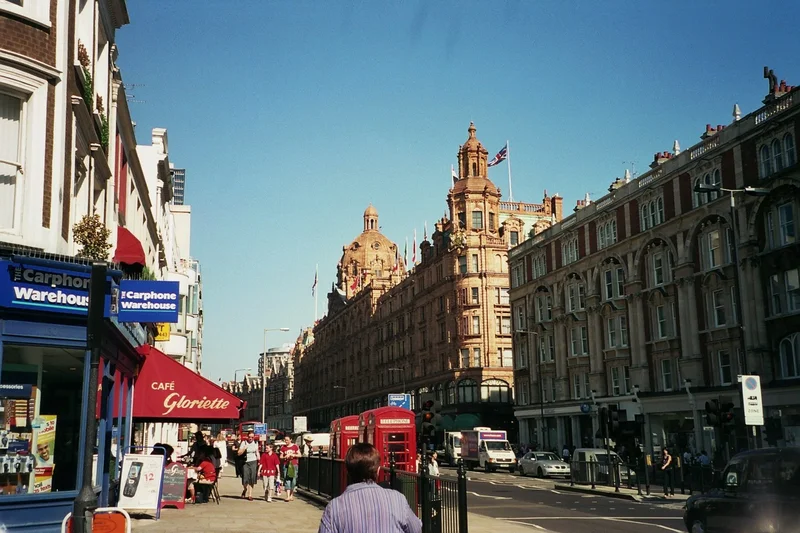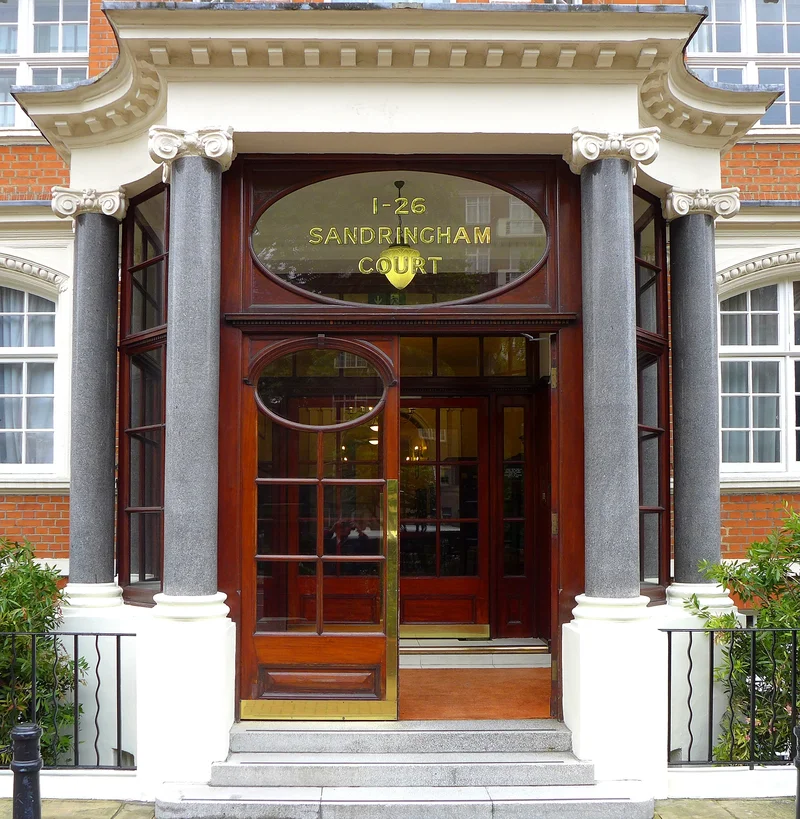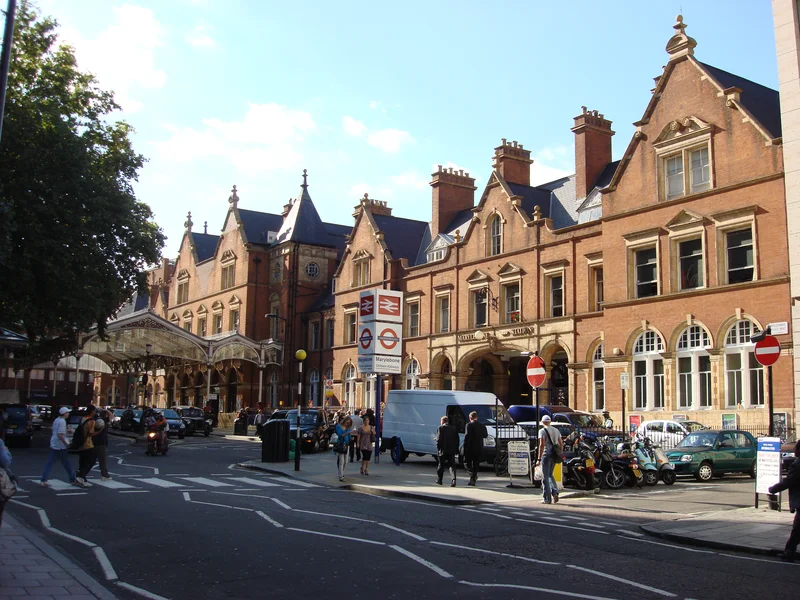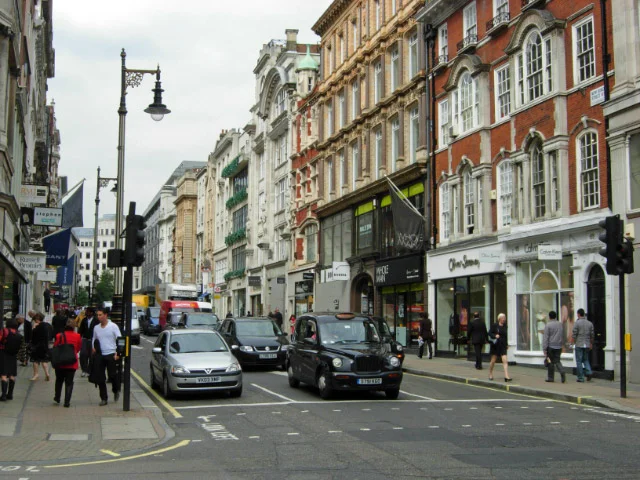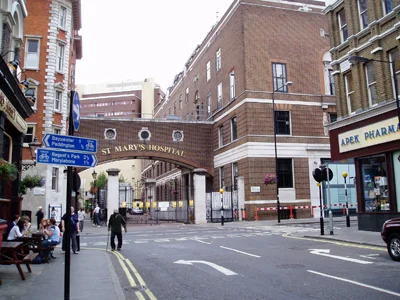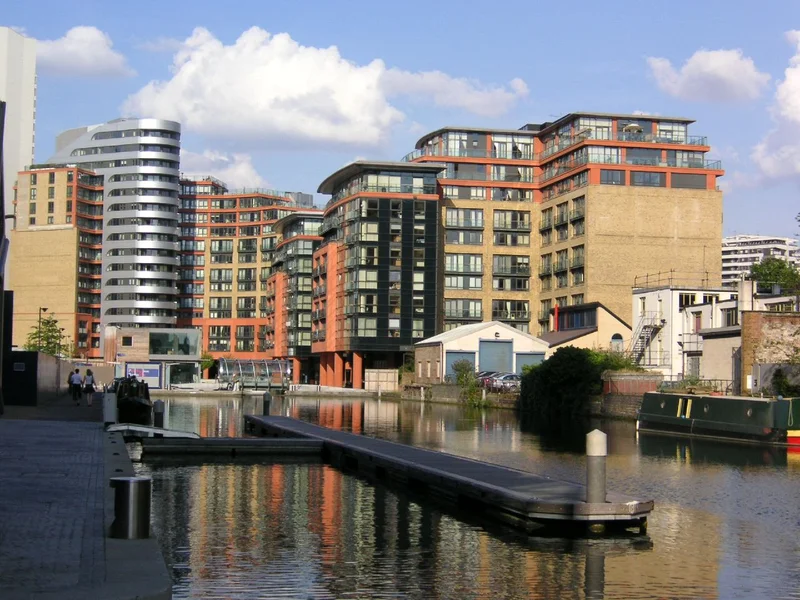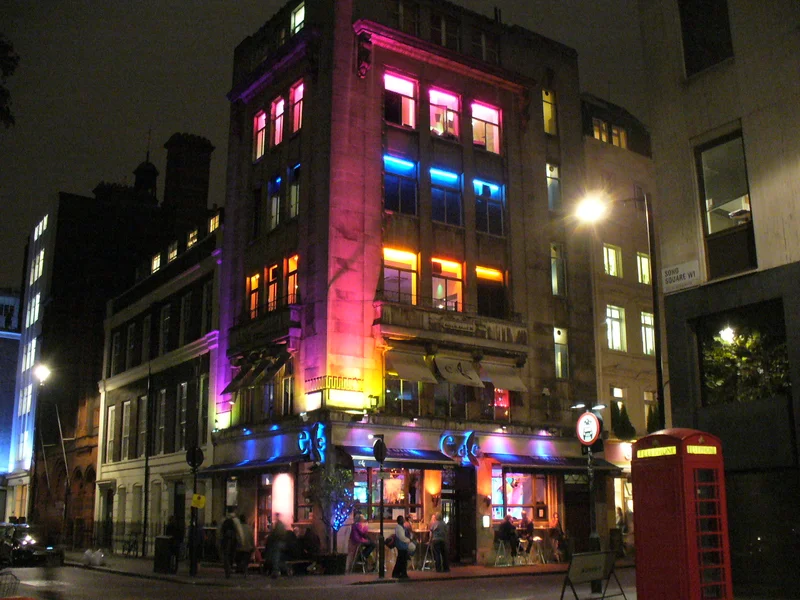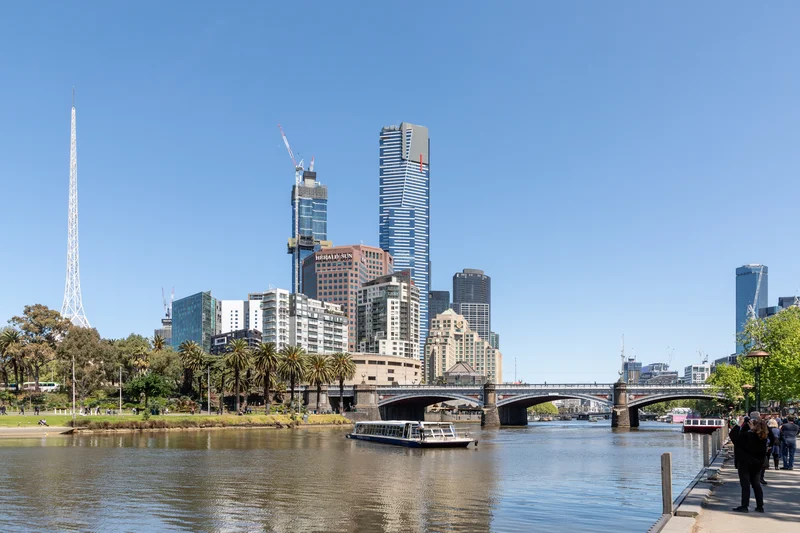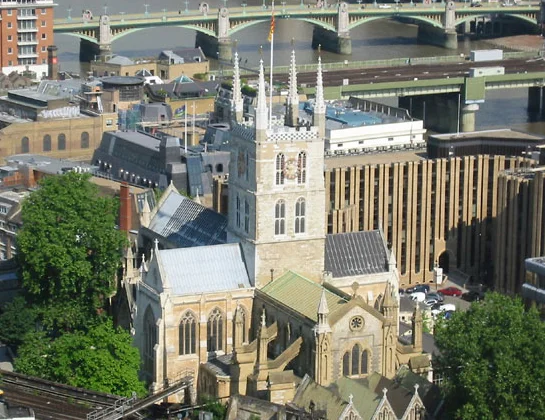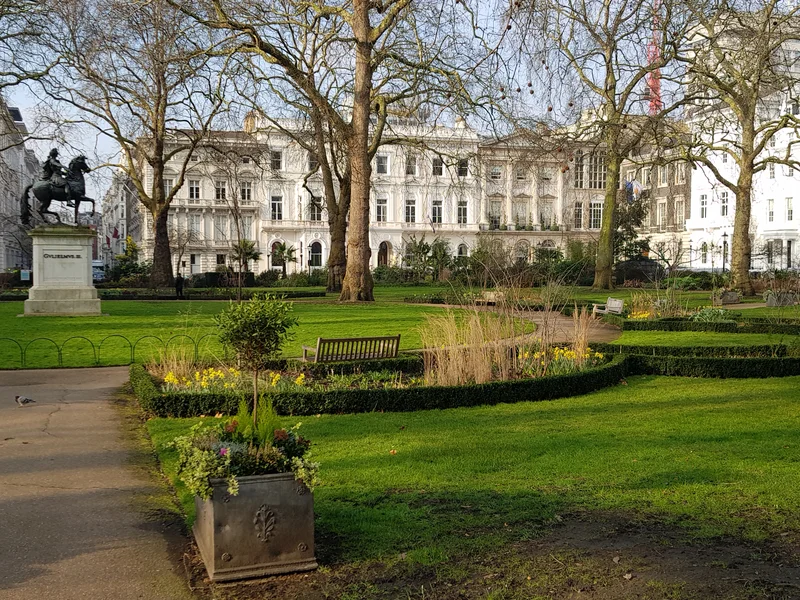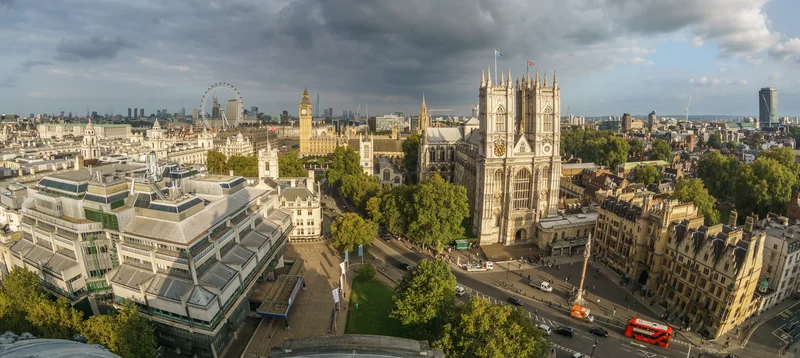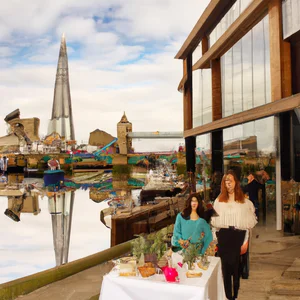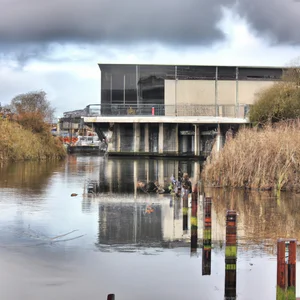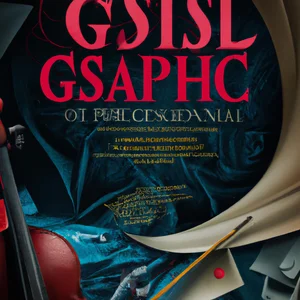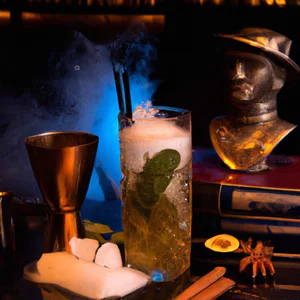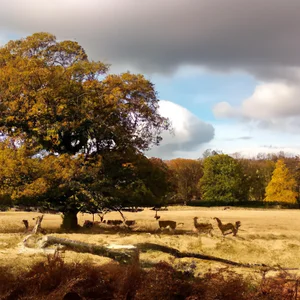Book your experience
Chinatown London: gastronomic journey in the eastern heart of the capital
Chinatown in London is truly a place worth visiting, especially if you are a food enthusiast, like me! When I went there last time, I felt a bit like an explorer in a whole new world, with smells and tastes that hit you like a punch in the stomach.
Let’s say that this corner of London is a real paradise for those with a sweet tooth. The streets are full of restaurants, markets and little shops selling everything from dumplings to dim sum to those delicious bubble teas that look like little works of art. And let’s not talk about the desserts! I remember tasting a mochi that was so right it was like a dream, with that red bean paste filling that makes your head spin.
There is one thing that particularly struck me: the atmosphere. You feel like you’ve been dropped into a kung fu movie, with red streetlights hanging overhead and the sounds of people chatting and laughing. It’s a place where you can get lost for hours, and believe me, there are tons of corners to explore. Sometimes I wonder if there really are that many restaurants or if every time I go back, I discover new ones.
I don’t know, maybe it’s all a matter of luck, but every time I eat at a new place there, I always find something that surprises me. The first time I tried lemon chicken, for example, it was love at first sight. A mix of flavors dancing on my tongue, and there I was, thinking I could eat it forever.
In short, if you are in London and want a culinary adventure, Chinatown is the right place. It’s like a trip to another world, without having to take a plane! And who knows, maybe you too will find your favorite dish. But, hey, don’t forget to bring with you a little curiosity and desire to savor.
Discover the authentic flavors of Chinatown
A trip down memory lane
I still remember my first taste of dim sum in Chinatown, an experience that awakened my senses and opened the door to a world of unexpected flavors. Sitting in a crowded restaurant, surrounded by families laughing and sharing steaming dishes, I realized that in that moment I was not just eating, but participating in an age-old tradition. Every bite of har gow, with its delicate sheets of pasta, was an invitation to discover Chinese culture in all its richness.
An authentic dining experience
Chinatown in London is a labyrinth of restaurants, each with its own culinary offering, but if you really want to discover the authentic flavors of Chinatown, I recommend you visit restaurants like the famous Yum Cha or the Golden Dragon, where the dishes are prepared following traditional recipes handed down for generations. These places not only offer an extensive menu, but also guarantee fresh, high-quality ingredients, often imported directly from China. Reviews on sites like TripAdvisor and Yelp consistently praise these restaurants for their authenticity and warm service.
An insider tip
A little-known secret is to visit one of Chinatown’s many markets early in the morning, such as Chinatown Market, where you can find fresh, authentic ingredients, ideally those used in local dishes. Here you can buy fresh bao or mochi, perfect for a picnic in the park. Don’t forget to ask the sellers for advice on how to use the ingredients - many of them are happy to share recipes and tips.
A living cultural heritage
Chinatown isn’t just a dining spot; it is a symbol of Chinese history in London. Founded in the 19th century, the Chinese community has contributed significantly to the capital’s cultural diversity, bringing with it culinary traditions that are an integral part of London life today. Each dish tells a story, from the wontons to the green onion pancakes, each a piece of a larger mosaic that celebrates Chinese culture.
Sustainability and responsibility
In an age where sustainability is key, many Chinatown businesses are adopting more responsible practices. Restaurants like Mien Tay are committed to using local, sustainable ingredients, contributing to the well-being of the planet without compromising flavor. Choosing to eat in these places is not only a pleasure for the palate, but also a gesture of awareness towards the environment.
An invitation to explore
If you want an unforgettable experience, take part in a cooking workshop inside Chinatown. Learning to make traditional dishes like jiaozi (Chinese dumplings) will not only enrich your culinary skills, but allow you to connect deeply with Chinese culture.
Myths to dispel
A common misconception is that all Chinese food is the same, but the truth is that each region of China has its own unique specialties. In London, you can explore dishes ranging from the spicy ones of Sichuan to the milder ones of Guangdong. This variety is what makes Chinatown such a rich and inspiring dining experience.
A final reflection
As you immerse yourself in the flavors of Chinatown, ask yourself: how can cuisine be a bridge between different cultures? Every meal is an opportunity to explore not only food, but also the stories and traditions of a people who have been able to enrich our capital with its presence. Next time you find yourself in Chinatown, let your senses guide you and discover the magic behind every dish.
Historic restaurants: where tradition lives
A journey through time among flavours
I still remember the first time I crossed the threshold of The Golden Dragon restaurant, an icon of Chinatown, London. The enveloping smell of Peking duck and steamed dumplings greeted me like a family hug. Sitting at a dark wooden table, I observed the frenzy of the kitchen, where the chefs, dressed in traditional aprons, worked with skill. This restaurant, open since 1970, is not just a place to eat; it is a piece of history that tells of the passion and dedication of generations of Chinese chefs.
Tradition and authenticity
In the historic restaurants of Chinatown, every dish is a story. For example, Four Seasons, founded in the 1980s, is famous for its chicken curry, a recipe passed down from mother to son. These restaurants not only serve delicious food, but also preserve Chinese culinary traditions, keeping alive a culture that dates back centuries. According to the London Chinese Community Centre, Chinese cuisine in London has deep roots linked to immigration and cultural integration, transforming the capital into a melting pot of authentic flavours.
An insider tip
If you want an authentic experience, I recommend visiting Leong’s Legend, a lesser-known restaurant but much appreciated by locals. Here you can savor delicate xiaolongbao, steamed dumplings filled with broth, which explode with flavor with every bite. This place is known for its relaxed atmosphere, perfect for slowly enjoying dishes while immersing yourself in Chinese culture.
Cultural impact
Dining in Chinatown is not just a commercial business; it is a symbol of resistance and adaptation of the Chinese community in London. Historic restaurants are often run by families who have dedicated their lives to maintaining culinary traditions, demonstrating that food is a vehicle of culture and identity. Their existence offers a unique insight into Chinese history in Britain and the evolution of tastes over the years.
Sustainability and conscious choices
Many historic restaurants are embracing sustainable practices, using fresh, local ingredients. For example, Yauatcha, known for its dim sum, has started an initiative to reduce food waste and promote the use of organic products. Choosing to eat in these restaurants not only supports tradition, but also contributes to responsible tourism.
An experience not to be missed
When in Chinatown, don’t miss the opportunity to attend a dim sum brunch at Ping Pong. Here you can try a variety of dishes in a lively atmosphere, perfect for socializing and discovering new flavours. It’s an excellent way to immerse yourself in Chinese food culture and socialize with friends.
Addressing the myths
A common misconception is that all Chinese cuisine is the same. In fact, the variety of historic restaurants in Chinatown offer a range of regional flavors and styles, each with its own unique characteristics. Don’t be fooled into thinking that all dishes are spicy or too complex; there is a world of flavors to discover.
A personal reflection
Next time you’re in Chinatown, ask yourself: What story lies behind every dish you taste? Every bite is a journey, a connection with tradition and community. Cooking is more than just nourishment; it is an experience that brings people together. Discovering historic restaurants is not only a way to satisfy hunger, but also to celebrate a rich and vibrant culture. Have you ever thought about how profound a simple meal can be?
Local markets: a unique sensorial journey
I still remember the first time I set foot in London’s Chinatown market. The air was filled with a heady mix of spices, exotic fruits and freshly baked pastries. While walking among the stalls, I came across a dim sum seller who, with an infectious smile, invited me to try a steamed dumpling. Every bite was an explosion of flavours, and that moment marked the beginning of a true gastronomic adventure.
An immersive experience
The local markets in Chinatown are not just places to shop, but real sensory experiences. Among the colorful stalls, you can find fresh ingredients, aromatic herbs and typical products that tell the story of China’s culinary heritage. From the Gerrard Street Market to the famous New Loon Moon, every corner offers an opportunity to discover the authentic flavors of Chinese culture. According to Time Out London, the market is a point of reference for those looking for fresh ingredients and culinary delicacies.
An insider tip
If you want to live an experience that few tourists know about, I recommend visiting the market early in the morning, around 8am. Here you can witness the arrival of fresh goods and interact with the sellers, who often share recipes and tips for using the ingredients . Don’t forget to ask for Chinese tea; many vendors offer free samples that will let you discover varieties you wouldn’t find in stores.
A living cultural heritage
The markets in Chinatown are not just a place of commerce, but an important part of Chinese history and culture in London. Founded in the 1960s, these markets have been a meeting point for the Chinese community and are helping to preserve culinary traditions across generations. Their impact is visible not only in the dishes they serve, but also in the way they bring people together, creating an atmosphere of conviviality and sharing.
Sustainability and responsibility
An increasingly relevant aspect in Chinatown markets is the attention to sustainability. Many vendors are committed to using local ingredients and reducing food waste. Choosing to buy fresh, seasonal products not only supports the local economy, but also contributes to more responsible tourism.
An activity worth trying
For an authentic experience, join a cooking workshop at one of the local restaurants, where you can learn to prepare typical dishes using fresh ingredients from the market. This will not only enrich your cultural background, but also allow you to bring a piece of Chinatown home with you.
Myths and misconceptions
It is often believed that Chinatown markets are only for the Chinese or that they are only accessible to gourmets. In fact, they are open to everyone and offer a variety of products that can be enjoyed by anyone, regardless of their culinary experience.
Final reflection
After exploring the markets of Chinatown, I realized that food is a universal language, capable of uniting different cultures. What flavors will you discover the next time you visit a local market? Be inspired by this experience and embrace the richness of Chinese food culture.
Chinese culture in London: a heritage to explore
A chance encounter with tradition
During my walk in the heart of Chinatown, I found myself in front of a small Chinese bookstore, hidden among glitzy restaurants and tea shops. Intrigued, I went in and met the owner, an elderly gentleman who told me stories from his childhood in Beijing. Every book on the shelves seemed to hold a piece of history, and as I leafed through the yellowed pages, I perceived the essence of a cultural heritage that has taken root deeply here in London too.
A rich and varied heritage
Chinatown is not just a place to enjoy delicious Chinese food; it is a mosaic of traditions, art and history. London’s Chinese community has roots dating back to the 19th century, when Chinese sailors began settling in the British capital. Today, this neighborhood is a vibrant hub of culture, with events celebrating traditional holidays like Chinese New Year and the Lantern Festival. For those who want to delve deeper into this story, I recommend visiting the Chinese Information and Advice Centre, where you can find out more about the community and its evolution.
An insider tip
A little-known tip is to visit the Chinese New Year Parade not just for the parade, but to explore the craft markets held during the celebration. Here you can find authentic crafts and traditional foods that you wouldn’t find in restaurants. It is an experience that offers total immersion in Chinese culture, far from the hustle and bustle of mass tourism.
The cultural impact
Chinese culture in London is not just a tourist attraction; it is a vital contribution to the city’s cultural diversity. Chinese traditions, from festivals to martial arts, enrich London’s social fabric. This fusion of cultures promotes an intercultural dialogue that invites everyone to participate and learn.
Sustainable tourism practices
When exploring Chinatown, consider supporting local businesses, such as restaurants that use fresh, sustainable ingredients. Many restaurants are adopting eco-friendly practices, such as using biodegradable containers and reducing waste. Choosing to eat in these places not only supports the local economy, but also contributes to the health of the planet.
An experience not to be missed
Don’t miss the opportunity to participate in a Chinese calligraphy workshop. These sessions, often taught by local artists, offer a unique opportunity to learn an ancient art and take home a tangible memento of your visit.
Myths to dispel
It is common to think that Chinatown is just a tourist and commercial area, but in reality, it is an authentic meeting place for London’s Chinese community. Many of the restaurants and shops are run by families who have a deep history with Chinese culture, and their passion is palpable.
Final reflection
As you leave Chinatown, ask yourself: What story did you take with you? Each visit is an opportunity to explore and understand a culture that, though far away, is incredibly close in the heart of London. If you stop for a moment and listen, you may discover that the true essence of Chinatown is much more than what appears at first glance.
Street food: delights to savor on the go
When I think of Chinatown, my mind fills with vivid images of stalls overflowing with colorful dishes and enveloping scents dancing in the air. One of my most memorable experiences was enjoying steamed bao from a small stall along Gerrard Street, where the owner, an elderly gentleman, told me that the recipe for his secret sauce has been passed down for generations. The emotion of tasting a dish so rich in history, while observing the frenzy of life in Chinatown, was unparalleled.
A gastronomic journey through the streets
Chinatown is a paradise for street food lovers, where every corner offers a new culinary discovery. You can find delicious dim sum, filled jiaozi (Chinese dumplings) and succulent grilled meat skewers. According to the London Evening Standard, markets and stalls are open until very late, making street food not only an appetizing option but also accessible at any time of day or night.
An insider tip
If you want to go beyond the usual tourist tours, I recommend you look for the “night markets” which are held on special occasions, such as Chinese New Year. Here, you will not only find delicious dishes, but also a lively party atmosphere, with dancing and live music. These events offer an authentic community experience and a unique opportunity to interact with locals.
Culture and history on your plate
Chinatown street food isn’t just food: it’s a reflection of Chinese culture in London, rooted in centuries-old traditions. The dishes you taste tell stories of migration and integration, revealing how Chinese cuisine has adapted and enriched in the British context. Each bite is a small journey through history, uniting past and present.
Sustainability and responsibility
Many street food vendors are embracing sustainable practices, such as using local ingredients and reducing waste. Choosing to eat from kiosks that follow these practices not only supports the local economy, but also contributes to responsible tourism.
An experience not to be missed
For a true immersion in the world of street food, don’t miss the Lunar New Year Festival, where the streets of Chinatown come alive with colors and flavours. Savor the spring rolls while admiring the dragon dances and decorations that embellish every corner.
Myths and reality
A common misconception is that street food is always unhygienic. In fact, many kiosks follow strict hygiene standards and fresh dishes are prepared before your eyes, offering not only a delicious meal, but also peace of mind.
In conclusion, I invite you to consider the next time you visit Chinatown not only the food you will taste, but also the stories and traditions that each dish brings with it. What is the authentic flavor that struck you most during your culinary adventures?
Fusion cuisine: the meeting of gastronomic cultures
A journey into the heart of culinary diversity
I still remember the first time I enjoyed a plate of dim sum with a touch of guacamole at a Chinatown restaurant. The idea of combining traditional Chinese cuisine with Mexican ingredients seemed bold, but the result was surprisingly delicious. This experience opened my eyes to how fusion cuisine not only represents a meeting of flavors, but also a meeting of cultures, traditions and stories.
Where to find gastronomic innovation
Chinatown in London is a true laboratory of fusion cuisine, where creative chefs challenge each other to reinterpret classic dishes. Restaurants like “Cha Cha Moon” and “Baozi Inn” offer options that go far beyond the boundaries of tradition. For those looking for a more authentic experience, “Hutong” is a perfect place to enjoy contemporary Chinese dishes with a European twist. Don’t forget to check reviews on platforms like TripAdvisor or Yelp to find the latest culinary trends in the area.
An insider tip
If you want to surprise yourself, try asking the restaurateurs to suggest their favorite fusion dishes. Often, menus change and not everything is advertised. Sometimes, the best dish is the one you won’t easily find written on the list. The chefs love to share their passion, and I assure you that you will discover unexpected flavours.
Culture and history on your plate
Fusion cuisine has deep roots in the history of Chinatown, which has always been a crossroads of cultures. Its evolution has reflected the changing Chinese community in London and the influence of other culinary cultures. This exchange has given rise to dishes that tell stories of integration and experimentation, making each tasting a unique experience.
Sustainability and responsibility
In an age where sustainability is crucial, many Chinatown restaurants are embracing more responsible practices. Some use local and seasonal ingredients, thus reducing environmental impact. Choosing to dine in these places not only supports the community, but also contributes to more conscious tourism.
Immerse yourself in the atmosphere
Imagine walking through the lively streets of Chinatown, surrounded by the scents of the kitchens and the bright colors of the buildings. Red lanterns hang overhead and the sounds of woks in action create a symphony that stimulates the senses. Here, every corner offers a gastronomic surprise, and every dish tells a story.
An experience worth trying
For an unforgettable experience, I recommend taking part in a fusion cooking workshop. Many restaurants offer courses where you can learn to prepare dishes that combine tradition and innovation. It’s a great way to bring a piece of Chinatown home and, who knows, maybe inspire you to create your own culinary fusions!
Myths and misconceptions
A common misconception is that fusion cuisine is just a way of “mixing” ingredients without respecting culinary traditions. In fact, true fusion chefs thoroughly study the techniques and flavors of both cultures to create dishes that are both respectful and innovative.
Final reflection
Every time we sit at the table, we have the opportunity to travel through flavors. Fusion cuisine in Chinatown is not just a way of eating; it is a journey that invites us to reflect on the connections between cultures. What is the fusion dish that intrigues you the most and that you are ready to try?
Sustainability at the table: conscious choices in Chinatown
A personal experience
I still remember my first trip to Chinatown, where I found myself chatting with a restaurateur who ran a small family-run place. As I savored authentic dim sum, he told me how he had decided to reduce food waste by partnering with local farmers to offer fresh, seasonal ingredients. This experience opened my eyes to a fundamental aspect: sustainability is not just a trend, but a practice rooted in the gastronomic culture of Chinatown.
Practical and up-to-date information
In recent years, many Chinatown restaurants and markets have embraced sustainable practices. Places like Bun House and Yauatcha not only offer delicious dishes, but they are also committed to using organic ingredients and minimizing their use of plastic. According to the Sustainable Restaurant Association, 70% of restaurateurs in London are trying to implement greener policies, and Chinatown is no exception.
Unconventional advice
If you want an authentic and sustainable experience, try attending a workshop cuisine in the heart of Chinatown. These events not only teach you how to prepare traditional dishes, but also show you how to use farm-to-table ingredients. Additionally, many of these classes are led by chefs who share their commitment to eco-friendly cuisine.
The cultural impact
The Chinese culinary tradition is deeply linked to the philosophy of respect for nature and ingredients. This focus on sustainability is reflected in practices such as using whole parts of foods and preferring cooking methods that preserve nutrients. Chinatown, with its rich history, is the ideal stage to explore how Chinese food culture can influence sustainable trends in London.
Sustainable tourism practices
When visiting Chinatown, consider opting for restaurants that offer vegetarian or vegan options, thus reducing your environmental impact. Many venues, like Mildreds, are known for their ethical and sustainable dining choices. Furthermore, you can help preserve the environment by avoiding the use of single-use plastic and carrying a reusable water bottle with you.
Soak up the atmosphere
Walking along the streets of Chinatown, let yourself be enveloped by the intoxicating aromas of freshly cooked dishes. Every corner tells a story of tradition and innovation, where restaurateurs are committed to creating a deep bond with their territory. Imagine sitting at a table, surrounded by friends, while sharing dishes that not only delight the palate, but also respect the planet.
A specific activity to try
I recommend you visit Chinatown London Market, where you can buy fresh, local ingredients. Here, you will also find a selection of organic and sustainable products, perfect for a picnic or preparing a meal at home. It’s a way to experience Chinatown’s culinary culture outside of restaurants.
Common misconceptions
A common myth is that Chinese cuisine is always unhealthy. In contrast, many traditional dishes, such as soups and sautéed vegetables, are nutrient-dense and made with fresh ingredients. The key is to choose wisely and opt for restaurants that respect sustainability.
Final reflection
Chinatown is not only a place to enjoy delicious dishes, but it is also an example of how gastronomy can be a vehicle for change. What conscious choices will you make the next time you visit this vibrant neighborhood? Your table can become a meeting place between culture and sustainability.
Cultural events: unmissable festivals and celebrations
A festive experience that engages all the senses
I still remember my first visit to Chinatown during Chinese New Year. The brightness of the colours, the scent of the delicacies wafting through the air and the sound of the bells announcing the start of the celebrations captivated me. The streets were filled with people of all ages, all united by the joy of celebrating a new year. In that moment, I understood that Chinatown festivals are not just events to attend, but true immersive experiences that envelop you and transport you into the heart of Chinese culture.
Celebrations not to be missed
Chinatown in London is a stage for cultural events that happen throughout the year. Among the most anticipated, Chinese New Year attracts visitors from every corner of the capital, with dragon dance shows, musical performances and temporary markets full of delicious food. But that’s not all: the Lantern Festival and the Spring Festival offer further opportunities to immerse yourself in Chinese traditions. These events not only celebrate cultural heritage, but also promote the unity and integration of the Chinese community into London’s cultural mosaic.
An insider tip
If you want a truly unique experience, try to attend one of the tea ceremonies that take place during New Year’s Eve. Often, local restaurants offer special sessions where you can learn the art of Chinese tea making, accompanied by traditional stories and the meaning behind each tea variety. It’s an intimate way to connect with culture and discover the authentic flavors of Chinatown.
The cultural impact of events
These cultural events are not just celebrations; they are also a form of resistance and celebration of identity. Through dance, music and gastronomy, the Chinese community in London manages to keep their traditions alive, passing on values and stories to future generations. Furthermore, they represent an important opportunity for Londoners and tourists to learn and appreciate the city’s cultural diversity.
Sustainability and awareness
Many events in Chinatown now include elements of sustainability. For example, some restaurants and markets are adopting eco-friendly practices, such as using biodegradable materials and purchasing ingredients from local suppliers. Attending these events also offers the opportunity to support small businesses and reduce your environmental impact.
Soak up the atmosphere
During your stay, don’t miss the opportunity to stroll through the streets lit by red lanterns and decorated with golden drapes. Let yourself be enveloped by the sounds of the drums and the melodies of the bands performing. Every corner of Chinatown tells a story, and every celebration is an opportunity to discover something new.
An unmissable activity
I recommend booking a guided tour during one of these events, where an expert guide will tell you fascinating anecdotes and stories that make each celebration so special. You will also be able to taste typical dishes prepared exclusively for the occasion.
Myths and misconceptions
A common misconception is that these celebrations are reserved only for members of the Chinese community. In reality, Chinatown is a place open to all and encourages participation from anyone who wants to join the party. There is nothing more beautiful than seeing people of different origins sharing experiences and enjoying each other’s culture.
Final reflection
As you prepare to experience your next event in Chinatown, ask yourself: How can I take a piece of this culture with me and share it with others? Every celebration is an opportunity not only to have fun, but also to learn, grow and connect with a community that has so much to offer.
Chinatown in London: a journey through flavors in the heart of the capital’s East
An unforgettable night experience
I remember an unforgettable evening spent in Chinatown, when I decided to explore this lively enclave not only during the day, but also under the magical glow of the lanterns. The city transforms: the restaurants light up, and the air is pervaded by a mix of aromas of spices and freshly cooked foods. It was like entering another world, where the hubbub of the day quiets down and the community gathers around outdoor tables, laughing and sharing traditional dishes.
Discover authentic flavors: an unconventional tip
If you want a truly unique gastronomic experience, I recommend taking a night food tour. These tours, led by local experts, will take you to lesser-known but more authentic restaurants, where you can taste dishes you would never find in tourist guides. With a little research on platforms like Airbnb Experiences or Viator, you can find tours that include samplings of fresh dim sum, handmade noodles and traditional desserts, all while hearing fascinating stories about Chinese culture in London.
The cultural and historical impact of Chinatown
Chinatown is much more than just a foodie neighborhood; it is a symbol of Chinese history in London. Founded in the 19th century, this community it has resisted cultural and social challenges, becoming a point of reference for Asian culture in Europe. The wealth of restaurants and markets is a reflection of this heritage, where every dish tells a story and every flavor is a connection to Chinese culinary traditions.
Sustainability and conscious choices
One aspect that cannot be ignored is the growing commitment to sustainability. Many Chinatown restaurants are adopting greener practices, such as using local and organic ingredients, reducing waste and promoting more responsible tourism. By choosing to eat in these places, you not only enjoy delicious dishes, but you also support an initiative that preserves the environment.
Immerse yourself in the atmosphere of Chinatown
Walking the streets of Chinatown at night is an experience that stimulates all the senses. Red lanterns dance in the wind, and cheerful voices fill the air. Don’t forget to stop for tea in one of the historic tea rooms: it’s a moment of pure Zen magic. Here, while sipping a perfect cup of green tea, you will feel transported to an oriental garden, far from the hustle and bustle of urban life.
Conclusion
Ultimately, Chinatown in London is a place where culture and gastronomy intertwine in an unforgettable experience. Have you ever thought about exploring the night side of this fascinating neighborhood? Or maybe you already have an anecdote to share about your visit? The beauty of Chinatown lies in the fact that each visit can be a unique adventure, ready to surprise and delight.
Interaction with locals: authentic experiences to live
An unexpected encounter
During one of my visits to Chinatown, while I was trying to decipher the menu of a restaurant, I was approached by an elderly gentleman, Wong, who ran a small tea shop. With a warm smile, he began to tell me stories of his childhood spent on the streets of London, where his family had opened the first Chinese tea shop in the 1960s. That chance meeting turned into an unforgettable experience: Wong took me on a journey through the various types of tea, explaining not only their flavor, but also the cultural significance they had for his community.
Unraveling local secrets
Interacting with locals in Chinatown is not only a way to savor the culture, but also an opportunity to learn culinary secrets and traditions you wouldn’t find in tour guides. Many restaurants and shops, such as the famous Yauatcha, offer interactive dining experiences, where you can learn to prepare dim sum with expert chefs. It’s a fun and engaging way to immerse yourself in Chinese food culture. If you are looking for an authentic experience, consider participating in a cooking workshop at Cookery School: it is an option that allows you to get to know the locals, while learning to cook typical dishes.
An insider tip
A little-known tip is to visit the Chinatown markets in the late afternoon, when the restaurants start preparing their specialties for dinner. It is at this time that you can see locals crowding the streets, creating a lively and authentic atmosphere. Ask some local where their favorite restaurant is; they will often guide you to hidden gems that aren’t on tourist maps.
A heritage rich in history
The Chinese community in London has a rich and fascinating history, dating back to the 19th century, when Chinese sailors began to settle in the capital. Today, Chinatown is a symbol of this cultural heritage, with its culinary traditions reflecting the Chinese influence in London society. Interactions with locals not only enrich your experience but also contribute to the preservation of these traditions.
Sustainability and awareness
It’s important to remember that interacting with locals can also have a positive impact on sustainability. Choosing to eat at family restaurants rather than international chains helps keep small businesses alive and supports the local economy. Additionally, many restaurants in Chinatown are adopting sustainable practices, such as using local and organic ingredients.
Immerse yourself in the atmosphere
Imagine walking through the streets decorated with red lanterns, while the scent of spices and food envelops your senses. The chatter in Cantonese and the laughter of children playing in the alleys transports you to another dimension. This is the vibrant atmosphere of Chinatown, where every corner tells a story.
Suggested activity
Don’t miss the chance to attend a tea ceremony at China Exchange. Here, you can not only taste different varieties of tea, but also learn about the ancient ritual practices associated with this drink. It’s a unique opportunity to connect with Chinese culture and discover the profound meaning tea has in everyday life.
Exposing the myths
A common misconception is that Chinatown is just a place for tourists. In fact, it’s a vibrant neighborhood where Londoners gather to share their love of Chinese cuisine and culture. Don’t be fooled by appearances; as you explore deeper, you’ll discover that each restaurant and shop has a story to tell.
A final reflection
Every encounter with a local is an opportunity to better understand the culture and daily life of Chinatown. We invite you to consider: How many stories could you discover simply by asking people who live here? Next time you visit this vibrant neighborhood, remember that every interaction can open a window into a world of authentic flavors and traditions.

 Architecture and Design
Architecture and Design Cities and Regions
Cities and Regions Culture and History
Culture and History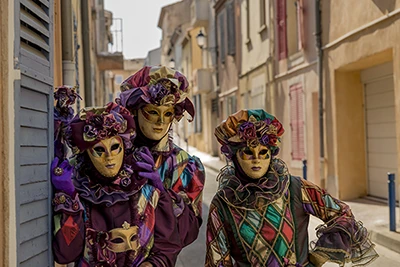 Events and Festivals
Events and Festivals Fashion and Shopping
Fashion and Shopping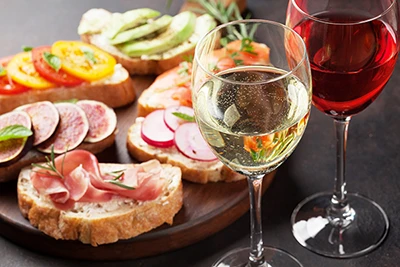 Food and Wine
Food and Wine Nature and Adventure
Nature and Adventure Unique Experiences
Unique Experiences